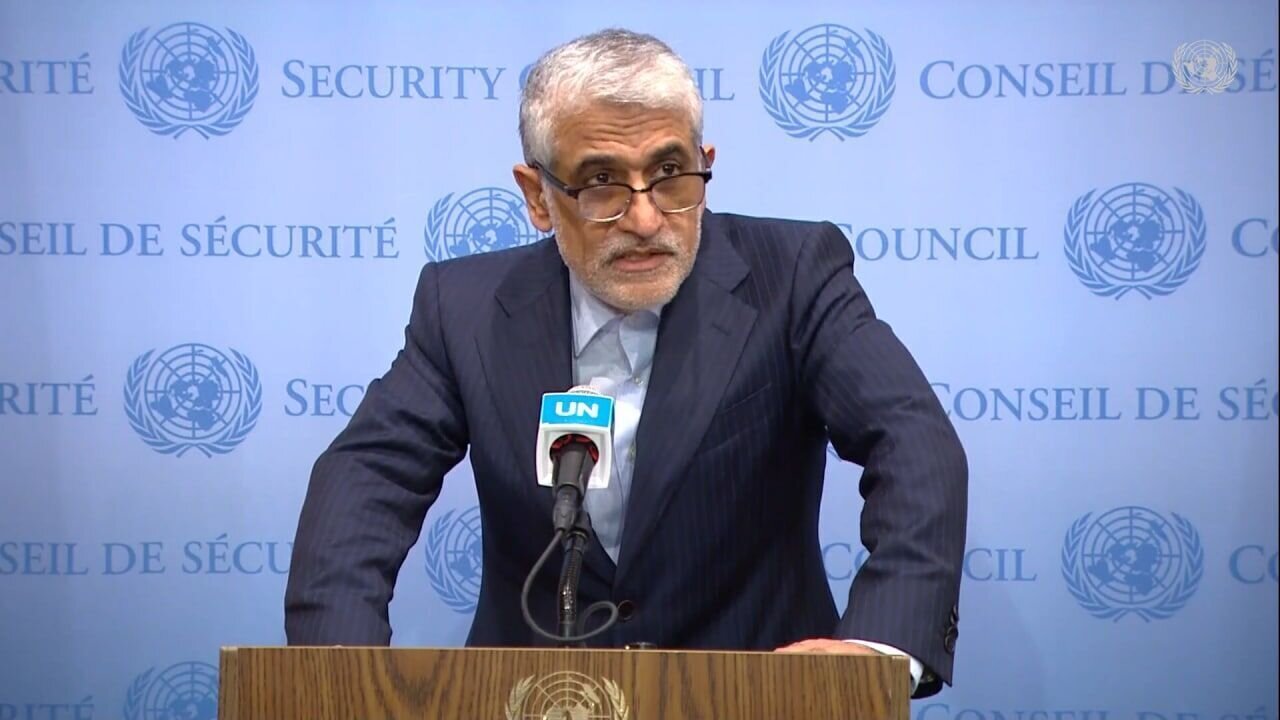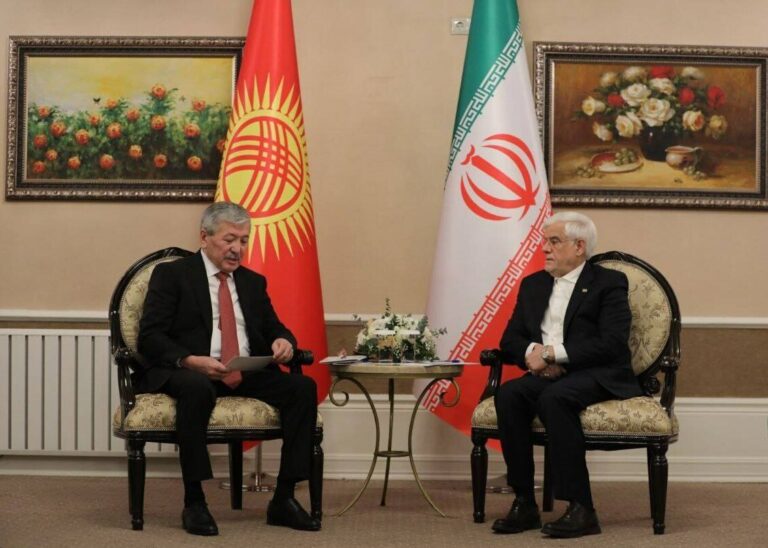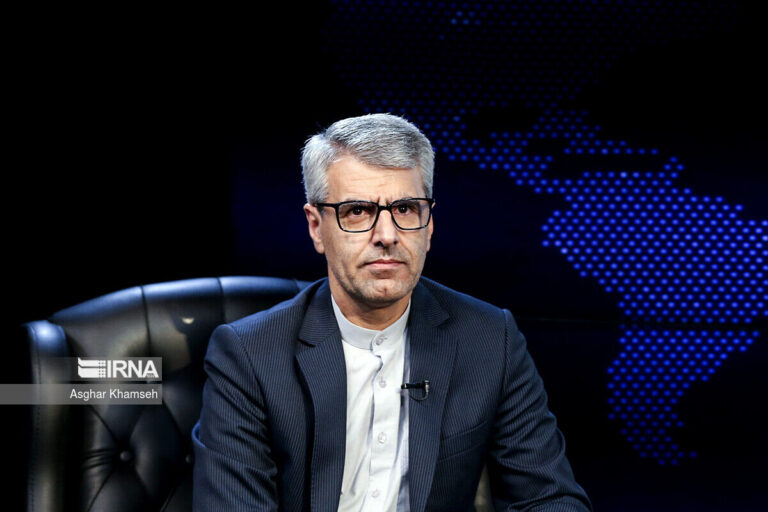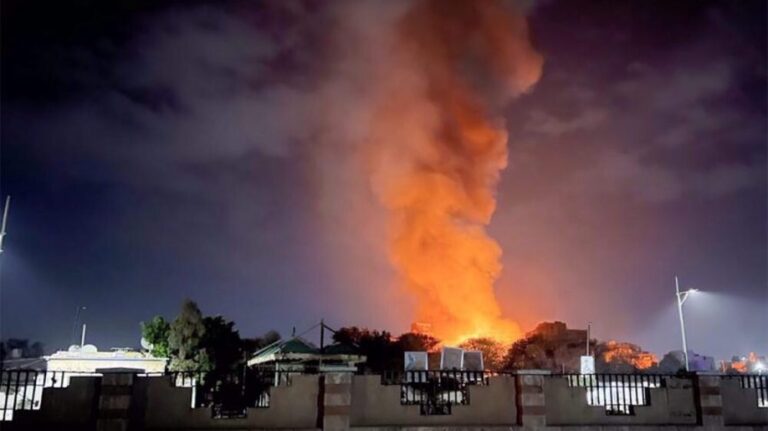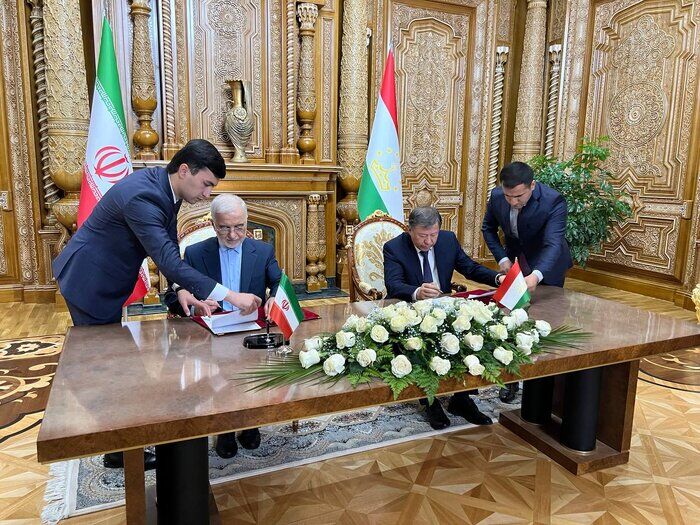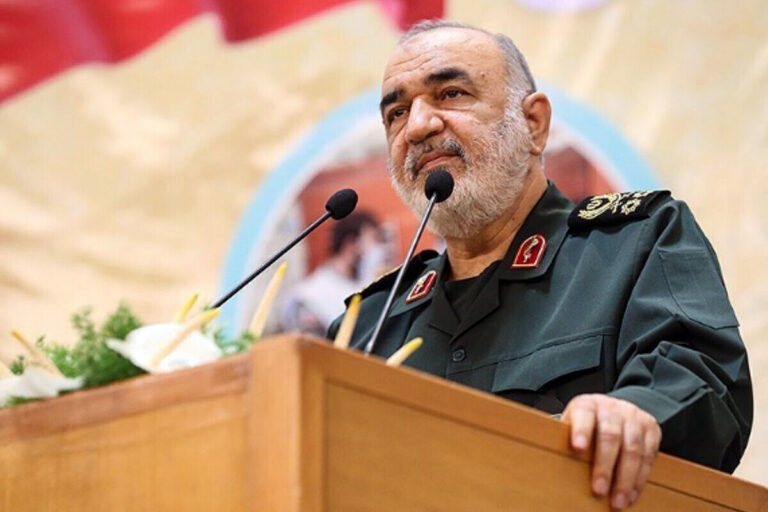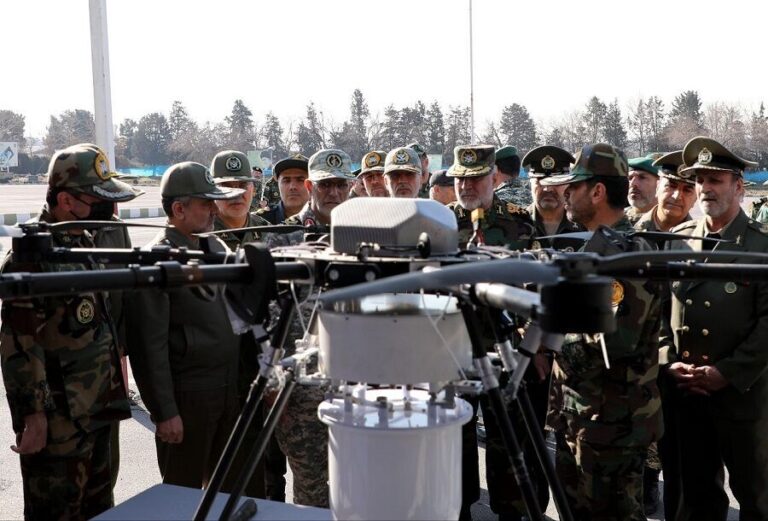France’s Nuclear Program Claims: Unfounded and Irresponsible Allegations Exposed
The ongoing discourse surrounding Iran’s nuclear program has garnered significant attention, particularly following recent statements made by French officials. In light of this, Amir Saeed Iravani has issued a comprehensive response that addresses the allegations leveled against the Islamic Republic of Iran. This article delves into Iravani’s remarks, providing insights into Iran’s position on its nuclear program and its commitment to international agreements.
Amir Saeed Iravani’s full statement comes as follows:
“Upon instructions from my Government, I am writing to you regarding the statement delivered by H.E. Mr. Jean-Noel Barrot, Minister for Europe and Foreign Affairs of France, at the Stakeout following the United Nations Security Council’s private meeting on 28 April 2025.
During his remarks, the French Foreign Minister made unsubstantiated and politically motivated claims regarding the Islamic Republic of Iran’s peaceful nuclear program, including the baseless assertion that “Iran is on the cusp of developing nuclear weapons.” Such an allegation reflects either a fundamental misunderstanding or deliberate distortion of Iran’s legal rights under international law.
It also demonstrates a selective reading of facts and exemplifies a persistent pattern of double standards by a State that bears particular responsibility as a permanent member of the Security Council. In this regard, I wish to bring the following points to your attention, and the attention of the Members of the Security Council:
- Unfounded Allegations: Allegations that Iran is “on the cusp” of developing nuclear weapons are entirely unfounded and politically irresponsible. The Islamic Republic of Iran has never pursued nuclear weapons, and its defensive doctrine has not been changed. Iran unequivocally rejects all weapons of mass destruction (WMDs), including nuclear arms.
- Commitment to NPT: As a founding member of the Treaty on the Non-Proliferation of Nuclear Weapons (NPT), Iran remains fully committed to its obligations under the treaty.
- Ongoing IAEA Monitoring: The International Atomic Energy Agency (IAEA) continues to monitor and verify the peaceful nature of Iran’s nuclear program. Its reports have consistently confirmed that there has been no diversion of nuclear material for non-peaceful purposes.
- JCPOA History: The Joint Comprehensive Plan of Action (JCPOA) was a landmark multilateral achievement, unanimously endorsed by the Security Council through Resolution 2231 (2015). Its disruption was caused not by Iran but rather the consequence of the United States’ reckless and unlawful withdrawal, coupled with the E3’s failure to deliver the promised economic benefits. In response, Iran showed strategic patience for over a year before gradually reducing and stopping its commitments, strictly in accordance with Articles 26 and 36 of the JCPOA. These measures were transparent and fully proportionate.
- Threats and Coercion: The French Foreign Minister’s open threat to reimpose sanctions with “devastating effects” on Iran’s economy constitutes a blatant act of political and economic coercion. Resorting to threats and economic blackmail is entirely unacceptable and represents a clear breach of the principles enshrined in the Charter of the United Nations.
- Legal Inconsistency: France’s threat to trigger the so-called snapback mechanism despite its own non-performance contradicts the fundamental principles of international law that preclude a party from claiming rights under an agreement while simultaneously failing to fulfil its obligations thereunder. Such an action is legally and procedurally flawed, inadmissible, and invalid, and would undermine the credibility of the Security Council.
- Credibility Issues: While voicing concern over the risks of nuclear proliferation in relation to Iran’s peaceful nuclear program, France’s credibility on non-proliferation is fundamentally undermined by its own record. It continues to modernize and expand its nuclear arsenal, refuses to extend unconditional negative security assurances to non-nuclear-weapon states, remains silent, and is complicit in the Israeli regime’s undeclared nuclear weapons program. France has also yet to fulfill its disarmament obligations under Article VI of the Treaty on the Non-Proliferation of Nuclear Weapons (NPT).
The Islamic Republic of Iran reiterates its commitment to diplomacy and constructive engagement. However, genuine diplomacy cannot proceed under threats or pressure. If France and its partners are truly interested in a diplomatic resolution, they must abandon coercion and respect the sovereign rights of States under international law.”
This statement from Amir Saeed Iravani not only defends Iran’s position on its nuclear program but also highlights the broader implications of international diplomacy and the importance of adhering to established treaties. The tension surrounding nuclear proliferation remains a critical issue, necessitating a balanced and fair approach from all parties involved.
In summary, the discourse on Iran’s nuclear ambitions continues to evolve, reflecting the complexities of international relations. As nations navigate these sensitive discussions, the emphasis on transparent dialogue and mutual respect is paramount. The path forward hinges on the ability to engage constructively, ensuring that all nations can exercise their rights without facing undue pressure or threats.
